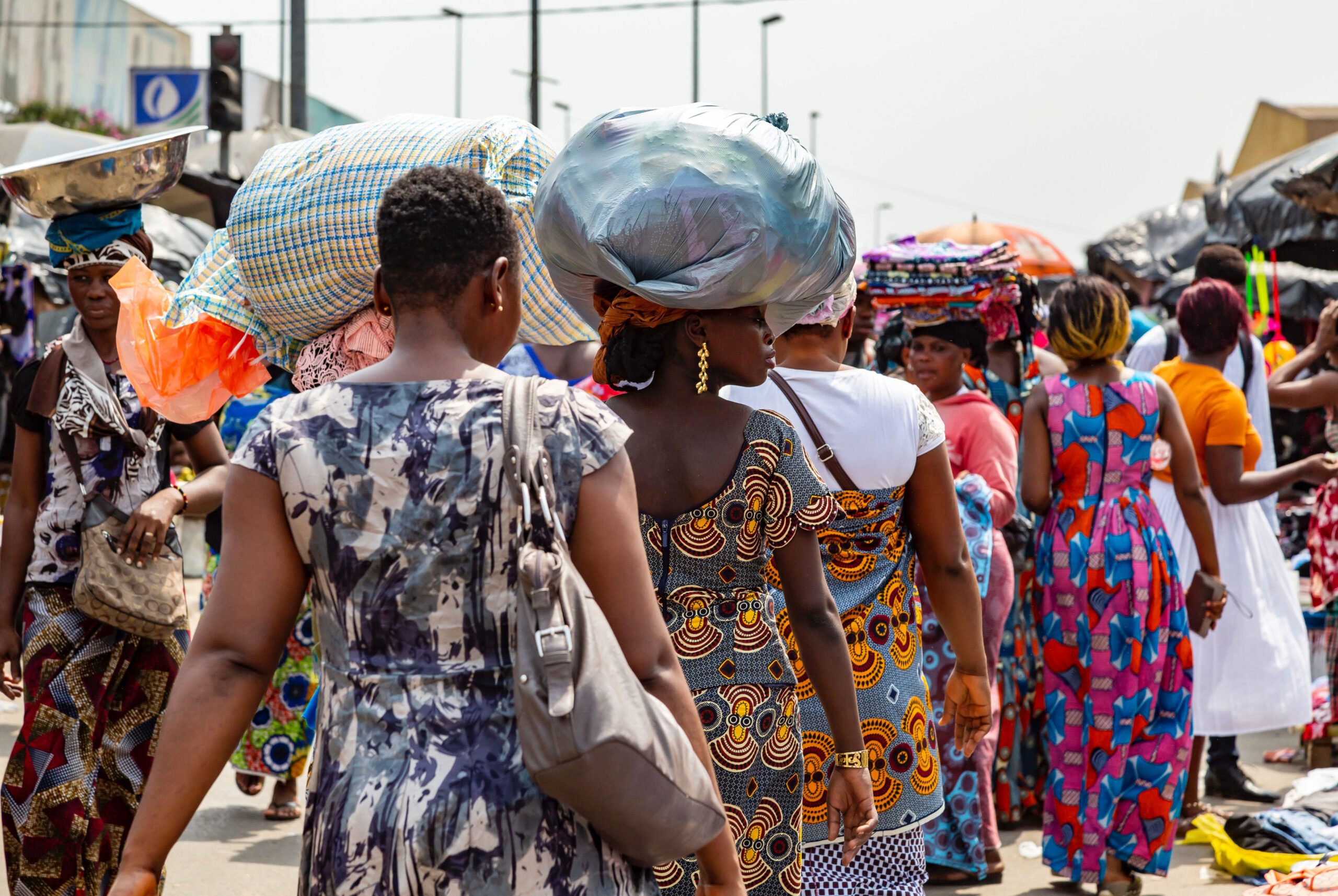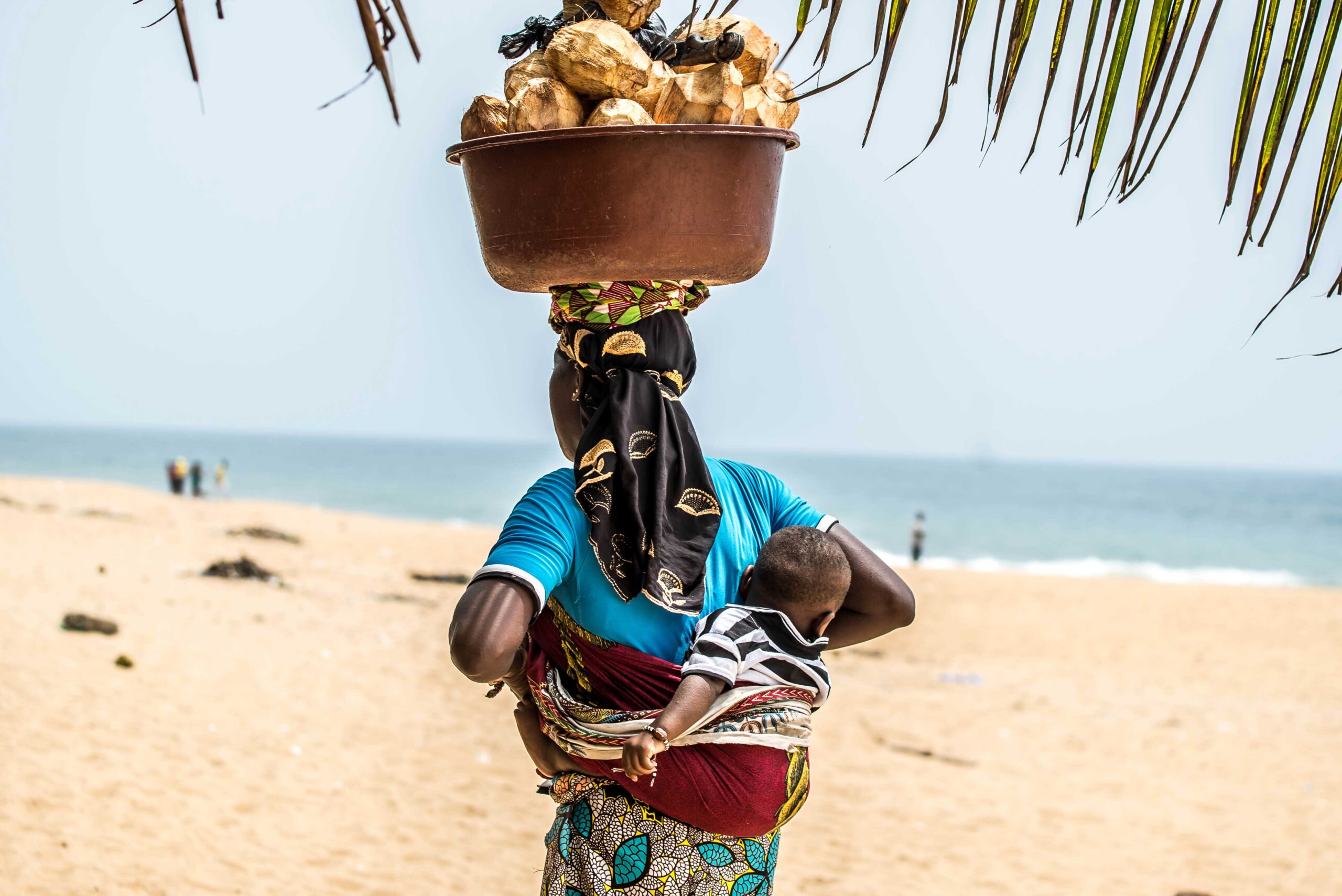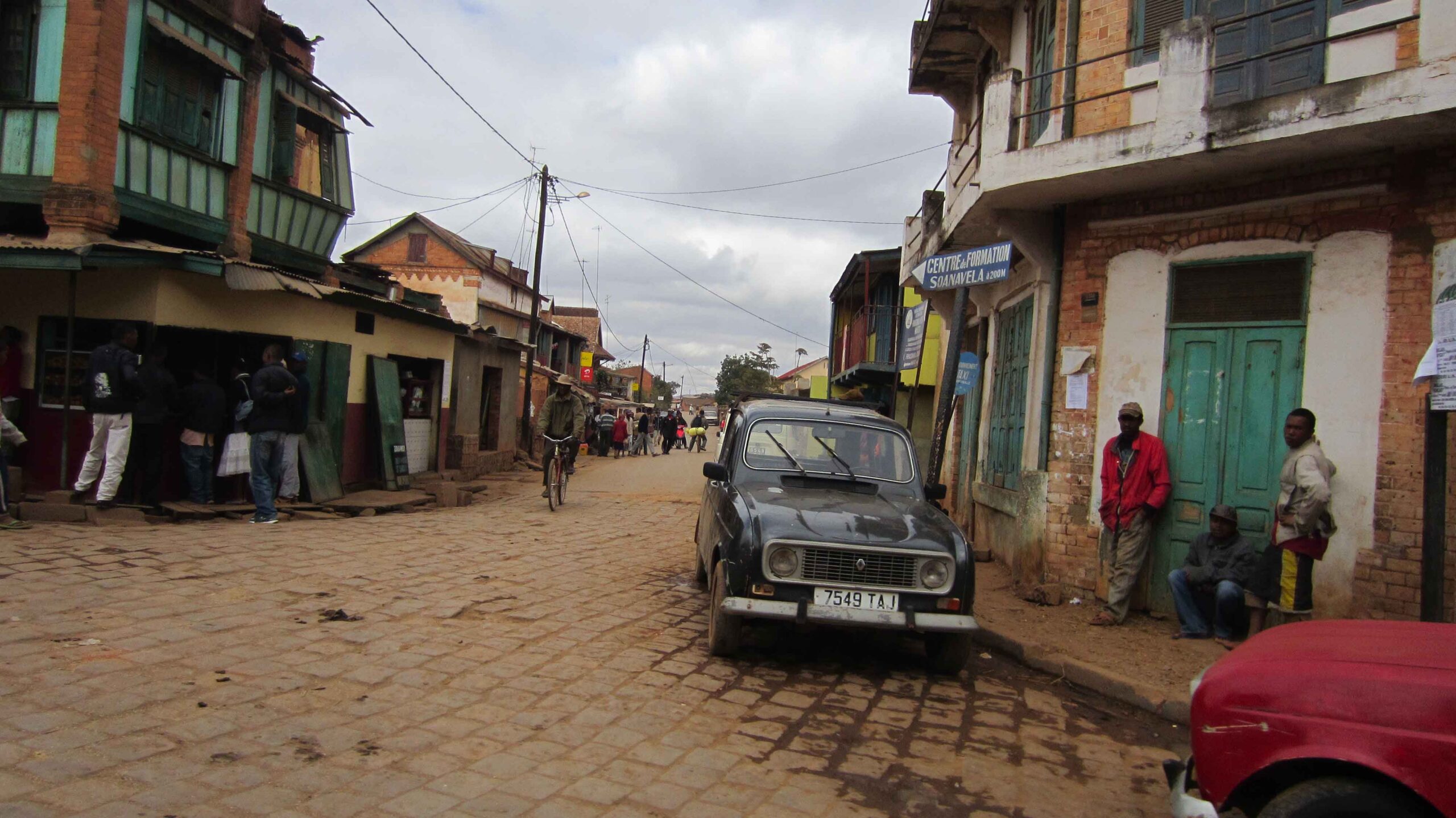The HSRC conducts research on development challenges in Africa in the context of the collective drive for peace, unity, self-determination, and prosperity for the continent and its islands. Through the lens of the ‘Local Voices’ project, HSRC researchers spoke to various civil society groups in Madagascar (2015) and Côte d’Ivoire (2016), to gain an understanding of the role of local voices in driving structural transformation during political transition. Drs Nicasius Achu Check and Palesa Sekhejane share some insights.

Antananarivo, Madagascar Photo: Benoît Prieur, Wikimedia Commons
The configuration of the state and political institutions in Africa is not aligned with developmental needs, since Africa has struggled to shed its colonial character. We still see this in, for example, the lack of recognition of ethnic and natural boundaries and the lack of appreciation of the importance of adapting to local contextual realities.
The violent nature of the 2009 Madagascar and 2010 Côte d’Ivoire uprisings, along with the military’s support for these movements, suggested a fundamental fracture in the way power is acquired and exercised in these countries.
The HSRC launched the Local Voices project to examine how local actors such as civil society groups had shaped the development agenda of Madagascar and Côte d’Ivoire. In 2015, a team of researchers from the HSRC’s Africa Institute of South Africa (AISA) embarked on a study focusing on the role of communities and the place of local voices in defining new relations with the state. The intention was to gauge the degree to which civil society influences government policies and debates.
The researchers also sought to explore how best to prioritise Africa-inspired approaches to resolving conflict, within the framework of several African Union resolutions.
Some questions focused on the role of local actors during the international community’s military interventions on the continent and its islands, for example:
- Could the outcome of these interventions have been different if local voices, including those of women and youth groups, had been solicited?
- How did the interventions affect women and children?
The study sampled local opinions and perceptions on the need for foreign intervention to resolve local developmental challenges, and analysed the role of civil society organisations (CSOs) in the postcolonial African structural transformation agenda. With a critical qualitative research approach, the researchers aimed to reveal and critique the social, cultural, and psychological assumptions regarding present-day contexts, to empower individuals and institutions and enable change for a better world.
The research questions explored issues of race, gender, and class influences, how power structures at the time of the study may have served some groups’ interests and oppressed others, and how truth and knowledge were constructed. This helped unearth critical data with the potential to inform viable options through which inter-community dialogue in Madagascar and Côte d’Ivoire could be a platform to influence policy and political direction.

A woman sells coconuts while carrying her baby on her back on a beach in Côte d’Ivoire Photo: SYLLA Cheick 225, Wikimedia Commons
A need for participation
A key finding was the lack of inclusive and participatory approaches to civil society engagement in the ongoing development and reconciliatory processes. The two countries also lacked women and youth empowerment policies. Where some policies and projects existed, they could not be implemented in the prevailing socio-political spaces.
The downward spiral of the economic, political and security situation in Madagascar and Côte d’Ivoire had been attributed to the inability of the political elites to address the double challenge of pervasive poverty and acute unemployment. The recent Human Development Index (HDI) shows that the economic situation in these countries has not changed. Fundamental to these challenges is the need for the countries to emerge from the shadow of French neo-imperialism, and to embrace opportunities that globalisation and South-South cooperation offers.
Colonial policies in Madagascar and Côte d’Ivoire imposed international boundaries, but these divisions did not affect nation-building in these countries. The outcome of colonial disentanglement was a persistent and intractable series of economic, political and security challenges which, current studies hold, have not changed.
A major finding of the research was that democratic dividends could only be reaped in an atmosphere of positive peace. It was also observed that politico-security and governance challenges that the two countries faced had a negative impact on peace and development. Also, limited resources led to relationships between the various ethnic and religious groups in the countries being strained.
While people from the northern parts of Côte d’Ivoire felt emboldened by the fact that ‘one of theirs’ was the president, there was disdain among those from the southern part, who felt that their political leaders had been side-lined in the rebuilding process. The researchers observed a need for citizen engagement in the development and reconciliation process in the country. They also saw that there could be no democratic development if citizenship and civic engagement were not encouraged. Local voices from all religious and geographical backgrounds needed to be heard – which still holds true today.
Role of the international community
Conversations with the various civil society groups revealed a belief that the international community had an important role to play in the reconstruction and reconciliation processes. The first contribution of the international community was seen as the need to enable technology transfer and provide technical support for building the capacity of CSO personnel in the countries. In most Francophone countries, the role of local voices in shaping a development discourse is a new phenomenon.
Secondly, most local CSOs in Madagascar and Côte d’Ivoire relied on government funding. They did not – and still do not – have diversified funding streams, and are therefore divided in their advocacy work on government policies. This challenge can be addressed through financial and technical support from the international community to local organisations in building capacity within the civil society arena. While the financial and technical capacity of CSOs has been ameliorated, there is still room for improvement.
An important observation captured in many of the interviews was the fact that the two countries were still recovering from the 2009 and 2010 upheavals. Although the people interviewed and government officials had an air of determination regarding the need to reconstruct the country, a fairly large section of the population still felt marginalised. The direction for further research would be to look at how genuine reconciliation could be achieved in the midst of mistrust.
Therefore, as a follow-up to the Local Voices project, the HSRC has embarked on the Nation-Building Project, which aims to ascertain why state structures and institutions are ferociously challenged by non-state actors in Africa. This project examines the fundamentals of nation building in Cote d’Ivoire (August 2022) and Kenya (September 2022), and questions whether the concept of ‘the State’ needs to be revisited in these two countries. The purpose is to develop a model to determine the strength and functionality of state institutions there. Initial research data point to the resilience and determination of Kenya and Cote d’Ivoire to withstand internal and external challenges to the foundations of the state.

Antananarivo, Madagascar. Photo: Lukys, Wikimedia Commons
Outcomes
Publications that arose from the Local Voices project have been cited by colleagues in academia, helping to shape a better understanding of contemporary issues and fostering positive change in Madagascan and Ivoirian society. The research aimed to put local peoples’ perspectives of their concerns to the broader community, in the hope of helping to build bridges between local communities and policymakers.
By providing an analytical framework, findings from Local Voices can also help, and have helped, to shape the direction of social policy in Madagascar and Côte d’Ivoire, especially regarding the plight of women and young people. Subsequent to the HSRC’s research visit, UNICEF approached Prof. Cheryl Hendricks (former head of AISA) to draft the Women and Youth National Plan of Action for Madagascar, an important policy uptake from the Local Voices study. Hendricks later also assisted with the development of the SADC Regional strategy on women, peace and security (2018–2022).
Researcher contacts: Dr Nicasius Achu Check, a senior research specialist, and Dr Palesa Sekhejane, acting executive head, of the HSRC’s Africa Institute of South Africa.
Further reading: Localizing African Structural Transformation: Voicing Lessons from Madagascar

